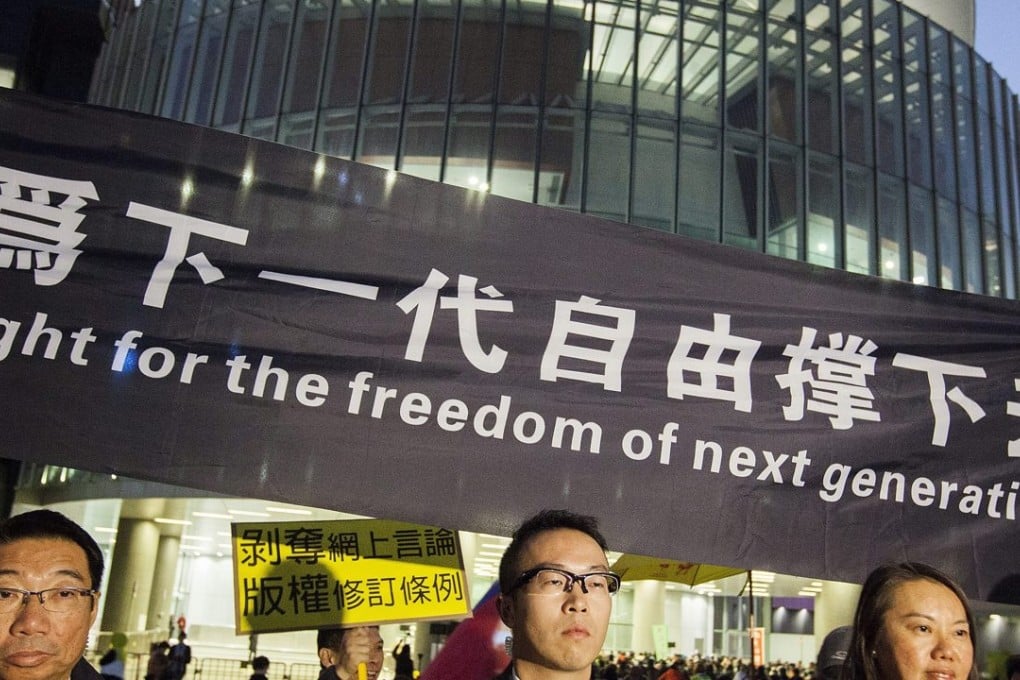Inside Out | Good governance, as China argues, trumps democracy
For Beijing to respect and preserve Hong Kong's system, the ‘democracy’ the city is fighting to build must deliver better results

I was a politician once. Not a serious one that gets to throw shoes and bananas in the Legco chamber. But serious enough to learn about politics, political parties, and the strange people that populate the world of politics. Serious enough to persuade me never to aspire to be a politician, and to leave lifelong reservations about how to make “democracy” work.
I was 22, and foolhardy enough to agree to stand in elections for our university’s student President. This was 1972, and I was being championed by moderate students who wanted to get back down to study after five years of radical Marxist upheaval that had been focused on shutting every university in the UK.
To my shock – and horror – I won, and then spent the following sabbatical year in the bizarre world of campus politics, as the main student intermediary to perplexed University academics. If you thought Occupy or HKU protesters were uncouth and disrespectful, you have much to learn.
The experience taught me many important things about politics, parties and democracy. First, the tiny minority of people who are true politicians have a special gene. It’s a gene that enables them to enjoy interminable weekend hours holding microphones in Victoria Park, or parsing the fine print of constitutions or meeting minutes to discover procedural tripwires that will block “enemy” initiatives.
Second, normal people don’t enjoy or give priority to political activity. They prefer to be with friends and family. To play sport and walk in country parks. To eat nice meals and watch Star Wars.
They only let politics into their lives when they are forced to – when things are going horribly wrong. In my year as University President the only crisis occurred when the University Bar proposed increasing beer prices. Here was an issue that mattered.
